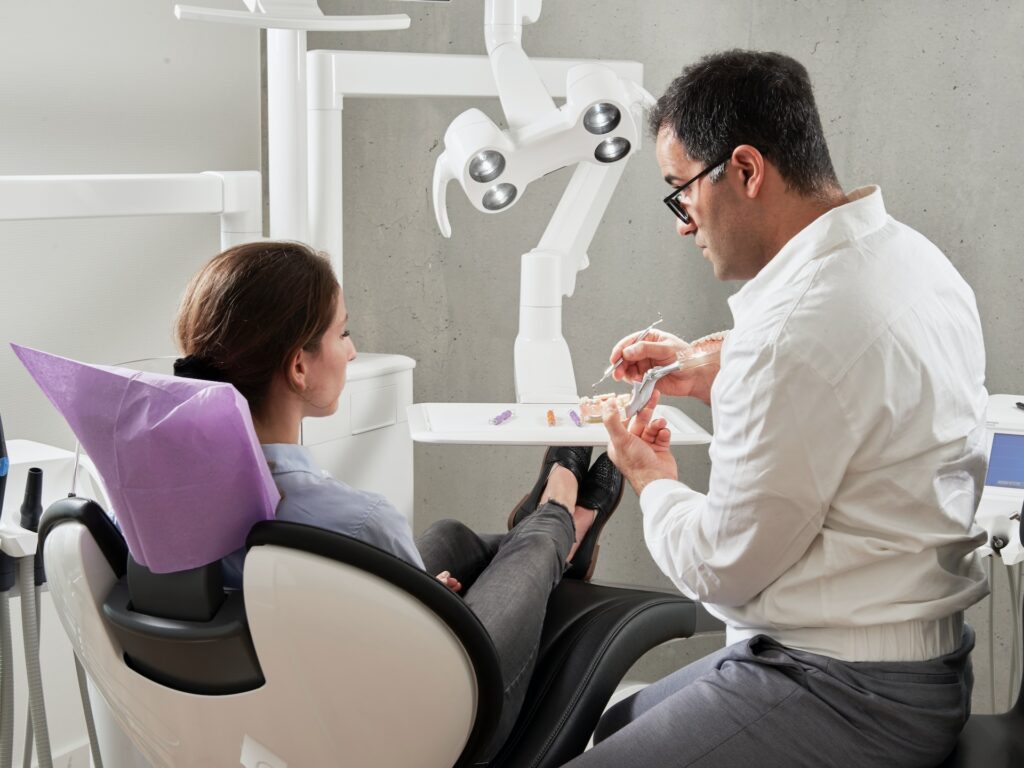Oral surgery is a dental procedure that involves the removal, repair, or reconstruction of teeth, gums, or jaw bones. It can be daunting for any patient, but sometimes it’s the best option for improving oral health and preventing future dental problems. In this article, we’ll discuss the reasons a dentist may recommend oral surgery.
Impacted Teeth
Impacted teeth are teeth that are blocked from emerging properly, usually because there isn’t enough space in the mouth. This can cause discomfort, pain, and even infection. Oral surgery is often recommended to remove impacted teeth, such as wisdom teeth, to prevent further complications.
Dental Implants
Dental implants are a popular option for replacing missing teeth, but they require oral surgery to be placed in the jawbone. This involves creating an incision in the gum to expose the bone, drilling a hole, and inserting the implant. Once the implant is in place, the gum is stitched closed, and the healing begins.
Jaw-Related Issues
Oral surgery may also be recommended for jaw-related issues. For example, if a patient has a misaligned jaw that is causing discomfort or difficulty chewing oral surgery can be used to reposition the jaw. This can improve the patient’s bite and alleviate pain.
Temporomandibular Joint Disorder (TMD)
Temporomandibular joint disorder (TMD) is a condition that affects the joint that connects the jawbone to the skull. It can cause pain and discomfort in the jaw and face and difficulty opening and closing the mouth. Oral surgery may be recommended as a last resort if other treatments, such as physical therapy or medication, are ineffective.
Reconstructive Surgery
Oral surgery can also be used for reconstructive purposes. For example, suppose a patient has suffered trauma to the mouth or has a congenital defect that affects the teeth or jaw. In that case, oral surgery may be recommended to repair or reconstruct the affected area.
Tooth Extractions
Tooth extractions are a common reason for oral surgery. If a tooth is damaged or decayed beyond repair, it may need to be extracted to prevent further damage or infection. Sometimes, a tooth may also need to be extracted to make room for orthodontic treatment.
Gum Grafts
Gum grafts are oral surgery involving tissue from another part of the mouth and grafting it onto the gums. This procedure is often recommended for patients with receding gums due to periodontal disease or other factors.
Sleep Apnea
Sleep apnea is a condition that causes interrupted breathing during sleep. It can lead to fatigue, headaches, and other health problems. Oral surgery may be recommended to treat sleep apnea if other treatments, such as a continuous positive airway pressure (CPAP) machine, are not effective.
Cleft Lip and Palate
Cleft lip and palate are congenital defects that affect the mouth and face. Oral surgery may be recommended to repair these defects and improve the patient’s appearance and ability to speak and eat.
Cancer Treatment
Oral surgery may also be recommended as part of cancer treatment. For example, if a patient has oral cancer, surgery may be used to remove the tumor or affected tissue.
To Sum Up
Oral surgery can be daunting, but it’s often the best option for improving oral health and preventing future dental problems. If your dentist recommends oral surgery, it’s important to discuss the risks and benefits of the procedure and ask any questions you may have. With the right information and support, you can make an informed decision about your oral health.
Chelmsford Dental Specialists Group is a well-known leading family dentist in Central Massachusetts. We can help you with your oral surgery. Book an appointment now.



